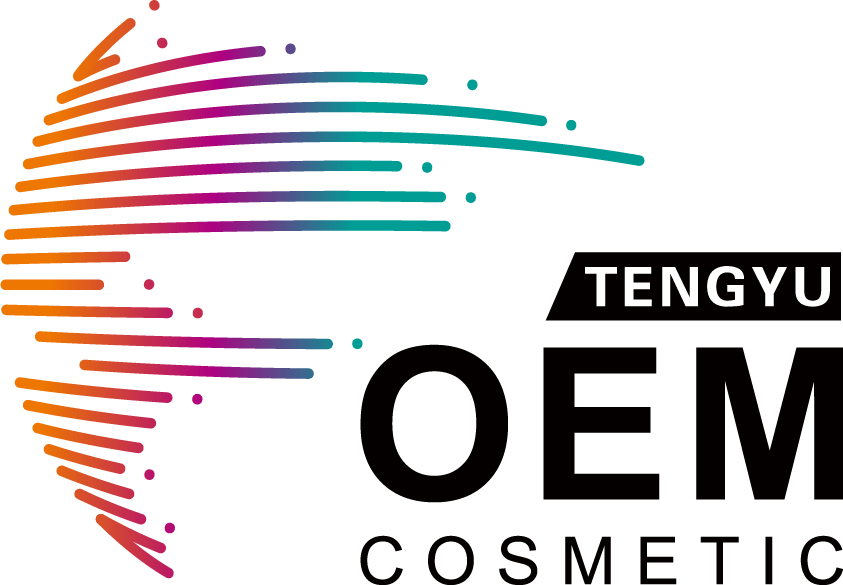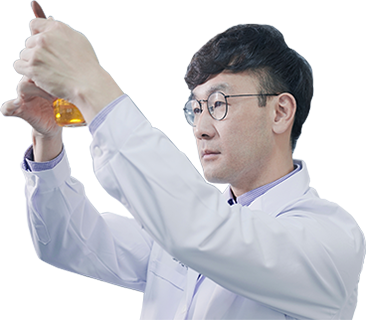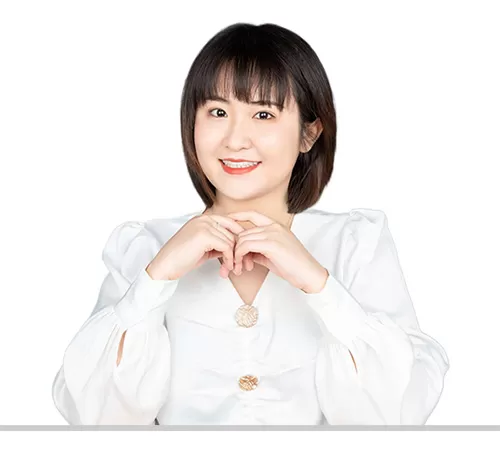With so many skincare solutions flooding the market, things can get confusing. And the latest addition to the skincare routine is serum. But you might be wondering if it is a good idea to include it in your private label skincare brand.
Here are some helpful data for you:
- The global market for serum is predicted to grow by $261.38 billion by 2025.
- It progresses at a compound annual growth rate (CAGR) of 5.96%
- The major markets are APAC, North America, Europe, South America, and the Middle East.
The figure is very promising. So if you want to know more about serums and how to find an OEM manufacturer to help you start, we prepared this simple guide for you.
What is a face skincare serum?
Serums are a slightly thick and concentrated liquid with a viscosity between water and milk. It is usually used after cleansing and before moisturizing.
Serums contain small molecules, so it penetrates the skin easily. It has highly concentrated, highly active nutrients, which are relatively powerful in eliminating wrinkles and other signs of aging.
Although serum contains similar moisturizing ingredients — ceramides and hyaluronic acid — they are not moisturizers. Serums target specific skincare concerns, while moisturizers act as a protective barrier on top of the skin and keep all the good stuff in.

Difference Between Serum and Essence
One of the biggest confusion in skincare is that serum and essence are the same. Thus, some people use them interchangeably. Here’s the truth — they are the same and different in a way.
They are the same because they both target dark spots and fine lines, and they give your skin a beautiful after-glow. While they have the same benefit, they are different.
Serums and essence are also different in terms of formulation and concentration. Serums have a higher concentration of active ingredients than essences. Serums are also thicker in consistency than essences.
Serum vs. Essence: Which One to Use
As mentioned, serums have a higher concentration of active ingredients, so they are more potent than essences. They are essential in targeting specific skin issues like hyperpigmentation and dryness.
For example, if you have dry skin, use a serum with hyaluronic acid as the active ingredient. If you want to target the dark spots, use a serum with Vitamin C as the active ingredient.
Meanwhile, if your skin is on the sensitive side and prone to irritation, use an essence. You can achieve the same result, but the formulation is milder.

Types of Skincare Serum
There are different types of serum for each of your target markets. Here are some of the most popular along with the common ingredients they use:
Anti-aging serum
As the name suggests, these serums slow down the aging process by targeting wrinkles and fine lines using essential anti-aging ingredients.
Despite the name, anti-aging serums work for all skin types. The most common ingredients used in anti-aging serums are:
- Retinol
- Caffeine
- Hyaluronic acid (often labeled as sodium hyaluronate)
- Green tea
- Proteoglycans
- Bifidum
- Boswellin
- Astaxanthin
- Myostatin
- Botulinum toxin
- Snake venom peptide
- Taro snail peptide
Antioxidant serum
These serums protect the skin from pollutants and free radicals. They also prevent visible signs of aging, such as fine lines, crow’s feet, etc. They also contain ingredients that repair and heal the skin.
The most common ingredients are:
- Resveratrol
- Vitamin A
- Vitamin C
- Vitamin E
- Melatonin
- Niacinamide
- L-Ascorbic acid
- Exto-smoke
- Ceramide
- Panthenol
- Probiotic
- Centella Asiatica

Hydrating serum
As the name suggests, hydrating serums supplement the moisturizer and add extra moisture to the skin. Thus, it suits people with dry skin. However, it is also good for those with oily or acne-prone skin because it targets specific areas of the skin that needs hydration.
The most common ingredients in hydrating serums are:
- Hyaluronic acid
- Panthenolresurrection grass
- Squalane
- Spa water
- Peptides
- Luminescence
Whitening serum
Also called color-correcting serum, they target skin problems like hyperpigmentation, fine lines, and enlarged pores. It also suppresses pigments and brightens the skin.
Whitening serums are perfect for people who want to even their skin tone or those with hyperpigmentation problems. Some of the ingredients we use for our whitening serum formulation are:
- Arbutin
- Kojic acid
- Phytic acid
- Vitamin c
- Azelaic acid
- L-ascorbic acid
- Glycolic acid
- Niacinamide
- Transanimic acid

How Do I Start My Private Label Skincare Serum
Ready to start your private label skincare brand? Here are five easy steps to do that:
Contact Us for a Free Consultation
Our skincare sales consultants will help you in choosing the best option for your brand. Let them know what you want, including the specifications or special formulations you have.
Sampling
We will send you samples so you can try what we have to offer. Don’t hesitate to tell us if you want to add a scent or ingredient or if you want to change the formulation. You can order serums with different active ingredients based on the skin requirements.
Label and Packaging
Once you are happy with the formulation, our design team will work with you to create the best packaging design for your product.
Manufacturing & Delivery
After everything is up to your standard, we will start the manufacturing process. You will receive constant updates from us until the day you receive your products.
If you want to know more about our projects and the processes involved in them, read our Case Studies. If you want to have more in-depth information regarding the options you have, Contact US NOW! Our team of sales engineers is ready to answer all your inquiries!



















